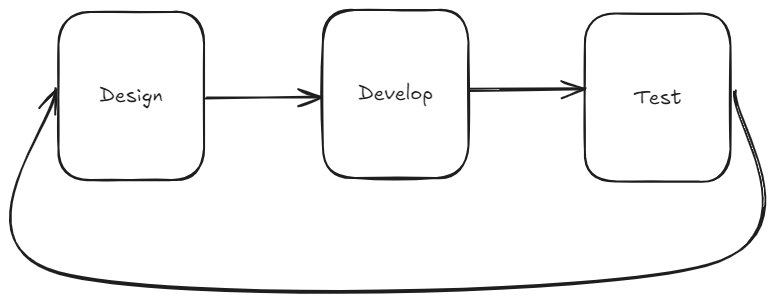In this series of tutorials, you will learn how to tackle a real world problem using only standard Java. Using OOP concepts, we will create a Java project which will be easily extended in the next chapter using modern frameworks and technologies.
The aim of this series is to practice OOP by solving a real-world problem. This will provide you with a Java project that can be used later for job interviews. At the end of the series, you will have other similar examples of projects in order to further enhance your developer skills.

Imagine your parents have given you money to start a lemonade stand. As an aspiring Java developer, you want to create your own software application in order to manage it.
The main goal of the application is to sell lemonade. There are many types of lemonades made using a variety of recipes that combine a number of products. We need to keep track of our stocks of products and of our suppliers. A product has a name, a quantity stock, a price, and is provided by a single supplier. A supplier has a name and an email address used as a point of contact when our stock of products is almost empty. Our application should manage the deposit by adding, removing, modifying, and listing the products and suppliers.
Our application should be able to read a file containing a list of lemonades recipes, each made from a certain number and combination of products. Each type of lemonade will have a different name, a selling price and a list of required products.
Now that we can handle our stocks and recipes, we need to start selling. When a customer comes, we should be able to create an order to sell the lemonades. For each order, we need to ask the customer what lemonade he wants to buy and the quantity and we need to calculate the total price. When a lemonade is sold, the product stock should be updated according to the recipe.
At the end of the day, we need to do some reporting. First, we should be able to generate a daily sales report and secondly, we need to identify which products have low stock levels.
Every operation performed in our application must be saved even if we shut down our computers. All our data should be stored in text files and any data entered by a user must be validated.

First of all, we need to analyze our business-case and we need to define how can and will the software address and solve our problem.
Using tools and diagrams, we will analyze and plan how we will write the code so as to ensure it is aligned with the OOP principles. Once everything is clear, we can start our programming journey.

We will build our Java project based on iterations. In software engineering, an iteration refers to a cycle of development activities in which a particular set of software features or functionality is designed, developed, and tested incrementally. Unlike a single-phase approach, iterative processes involve repeating cycles or iterations, where each iteration builds upon the previous one, allowing for continuous improvement and refinement of the software.

Every tutorial will include the completed code given as example, some exercises and a short summary. You can take however much time you need to read, write and practice each section. We encourage you to rewrite the code and try to execute it as you go. Once you feel prepared, you can use another given project to create your own application, but this time, by yourself.
By the end of this series, we will have a fully functional application. In the next series, we will use this Java project as a base for a more modern application built with modern frameworks.
In this introductory tutorial we defined our problem and outlined the steps you need to make in order to build a multi-layer Java application. The goal of this series is to help you create a real-world Java project by analyzing the problem and building a software development strategy around it.
As we said before, the next step is to analyze the problem to clarify what and how we want to develop it.
Learn advanced concepts, work on real-world projects, and fast-track your journey to becoming a proficient Java developer. Start now and unlock your full potential in the world of Java programming!
Start now and unlock your full potential in the world of Java programming!


The place where you can start your Java journey.
© All Rights Reserved.